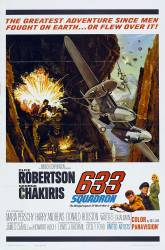
Factual error: When the bombs are being taken down the lane, in the background where the lane meets the road a white mini can be seen passing the entrance.
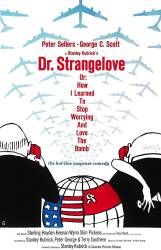
Factual error: When the B-52 is flying low over Russia, the shadow on the ground is a Boeing B-17G, a World War II propeller driven bomber.

Factual error: During the opening credits, the show's copyright date is shown in Roman numerals as MCLXIV. In Arabic numbers, that's 1164 - it should have been MCMLXIV for 1964.
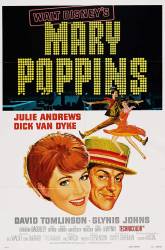
Factual error: The Robin that comes along in the movie is an American Robin, not a British Robin.
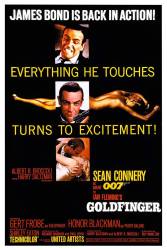
Factual error: Contrary to popular belief, sudden cabin depressurization in a jet plane will not cause anyone to be sucked out of the plane (unless they are sitting right up against a blown-out window), nor will it cause the aircraft to go out of control or crash.
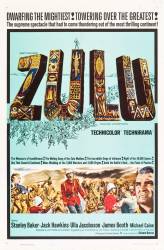
Factual error: In the climactic charge scenes in which the three ranks of British soldiers deliver volley after volley into the Zulu masses, the soldiers closest to the camera are correctly equipped with lever action Martini-Henry rifles but those further back in the line can be seen pulling up and back on bolt action rifles, wrong for the era.
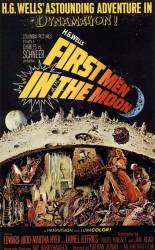
Factual error: When the Victorian astronauts are on the moon they are dressed in deep sea diving suits - without gloves.
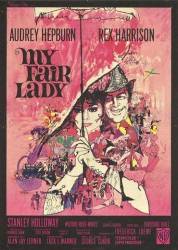
Factual error: In the Ascot racing scene, the actors' heads move from their left to right when the horses come to the winning line. From the stands at Ascot, the horses run clockwise around the track and would enter from right to left.
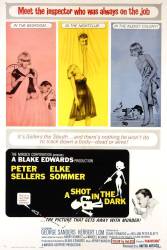
Factual error: Inspector Clouseau's watch may be broken but Hercule's doesn't keep very good time either. They synchonise watches at 7:47. 18 seconds later, Hercule says he has 7:47 and 23 seconds. (01:28:14)
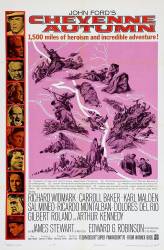
Factual error: The narrator mentions that the Cheyenne tribe split in half in northern Nebraska. The scenery would suggest otherwise, as there are no mountains that high in Nebraska.
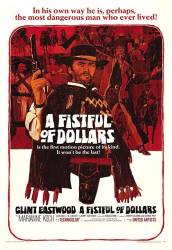
Factual error: When the "U.S." soldiers open fire on the Mexican cavalry, they employ a machine gun. The only two rapid-firing weapons in that time period were the Gatling gun, which used a magazine or drum of rounds and was fired by turning a crank, or the "Mitrailleuse" volley gun, which required at least two men to operate it, one to load the ammunition blocks, and the other to turn, once again, a crank to fire the weapon. The gun pictured has a single operator and neither a crank, nor any visible cartridge feed.
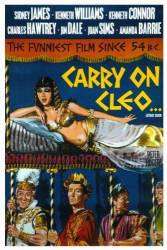
Factual error: Towards the end of the film, the British slaves are escaping out of the window. As they rush over to the window, one man's costume flies up. Lovely pair of red underpants he's wearing.
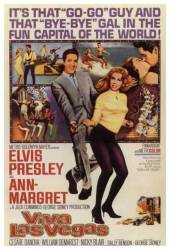
Factual error: Elvis and Ann Margaret take a trip in a helicopter over Hoover Dam and Lake Meade. They are flying in a small 2 seater copter with a bubble canopy and no doors. During the trip Elvis and Ann talk to each other without headphones or microphones in a normal tone of voice. In that type of helicopter, especially one with no doors, the sound would have been deafening and they wouldn't have heard each other even while screaming.
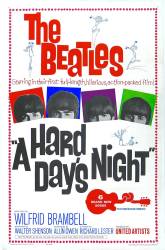
Factual error: They're meant to be taping a TV show, but some of the cameras were motion picture cameras used for shooting the movie, rather than TV cameras. (01:16:45)
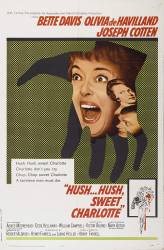
Factual error: Charlotte tells the sheriff that when her cousin Miriam arrives, she will know how to handle the County Commissioner. Louisiana doesn't have counties. They have parishes. (00:25:25)
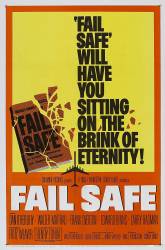
Factual error: When the pursuing fighter jets are supposed to start their engine afterburners, we instead see a short clip of them firing their air-to-air missiles.
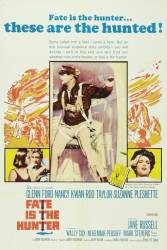
Factual error: The movie shows a 'jet' aircraft belonging to 'consolidated airlines'. The so called airplane is a laugh. It has two jet engines attached to the horizontal stabilizers. The landing gear appear to be bolted to the wings. During the movie this plane crashes and the engines are moved to a terminal to be examined. They are too small to be real engines. During the course of examining the engines, they are run inside the terminal building. One of the investigators stands 10 feet behind the jet intake and is not sucked inside. The cockpit is not even close to what one would find in a jet airplane.
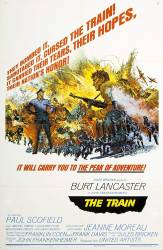
Factual error: Near the end of the movie, the prisoners are on the front of the locomotive with the German officer. The colonel is in the cab with the engineer and says "10 miles an hour, no more." Germans use metric - so the speed should've been given in kilometers per hour.
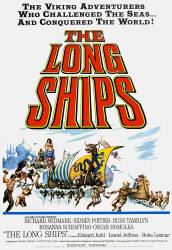
Factual error: At the end, Rolfe suggests to King Harald that they seek "the three crowns of the Saxon kings." But this lost treasure legend is a modern invention. In 1925 M R James wrote "A Warning To The Curious", which says that the Anglo-Saxon kings of East Anglia buried three crowns near the English coast. Somebody who finds one of these meets a mysterious, sinister death. The legend of the three crowns of the Saxon kings has since appeared in many books about English folklore. But there is no record of this story before 1925 and it is now believed that M R James invented it. Thus the story of the three crowns would not have been known to the Vikings.
Suggested correction: First of all, you state "it is now believed that M R James invented it." So it is not known for certain if he did or not? And if it is doubted now, what about 1964? Something doesn't become a mistake if future discoveries contradict what was known at the time. And finally, whether it was a real legend or not is irrelevant. It is a legend in the world of the movie, just like the legend of the golden bell. If anything this should be listed as trivia.
Well observed, Sir! I concede that you make very valid points. In hindsight, I should not have submitted this as a factual error. I should have worded it as a question. I should have asked if Rolfe's closing lines about "the three crowns of the Saxon kings" alluded, directly or indirectly, to the M R James ghost story "A Warning To The Curious." Maybe it does, maybe it doesn't. But I will have to agree that, if the golden bell is a real object in the cinematic world of "The Long Ships", then the legend of the three crowns of the Saxon kings can be an equally real legend in the cinematic world of this film. I am fully aware that films are not real life and that the internal logic of a film need not follow the logic of real life.
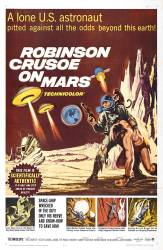
Factual error: Draper consults a recorded video-lecture on survival tips while on Mars. Behind the lecturer is a chalkboard with two force laws from physics written. One is Newton's law of gravity, the other is Coulomb's law for electric charges. The constant of proportionality for Coulomb's law is given as e0, whereas this is really only one component in the whole expression for the constant, 1/e04pi.
Suggested correction: Is this really a mistake? H G Wells wrote "The First Men In The Moon" over 1900-1901 before the invention of the aeroplane, when space travel was still a fantasy. By 1964 Yuri Gagarin and Valentina Tereshkova had flown into outer space, so the makers of this film knew what sort of equipment would be needed if you really wanted to make a trip to the moon. And this film shows astronauts in suits copied from those worn by actual astronauts. But the idea of the original book, and this 1964 film, was that a (very) eccentric English Victorian scientist led an expedition to the Moon. So, surely, if Victorian Englishmen and Englishwomen went to the Moon, they would have used the technology available at the time. Beside that, when they reach the Moon they find it is inhabited. Even in 1900 astronomers knew there was no life on the Moon. I don't think this film was meant to be taken too seriously, and that when they made the film they deliberately dressed the cast in deep sea diving suits as a joke.
Rob Halliday